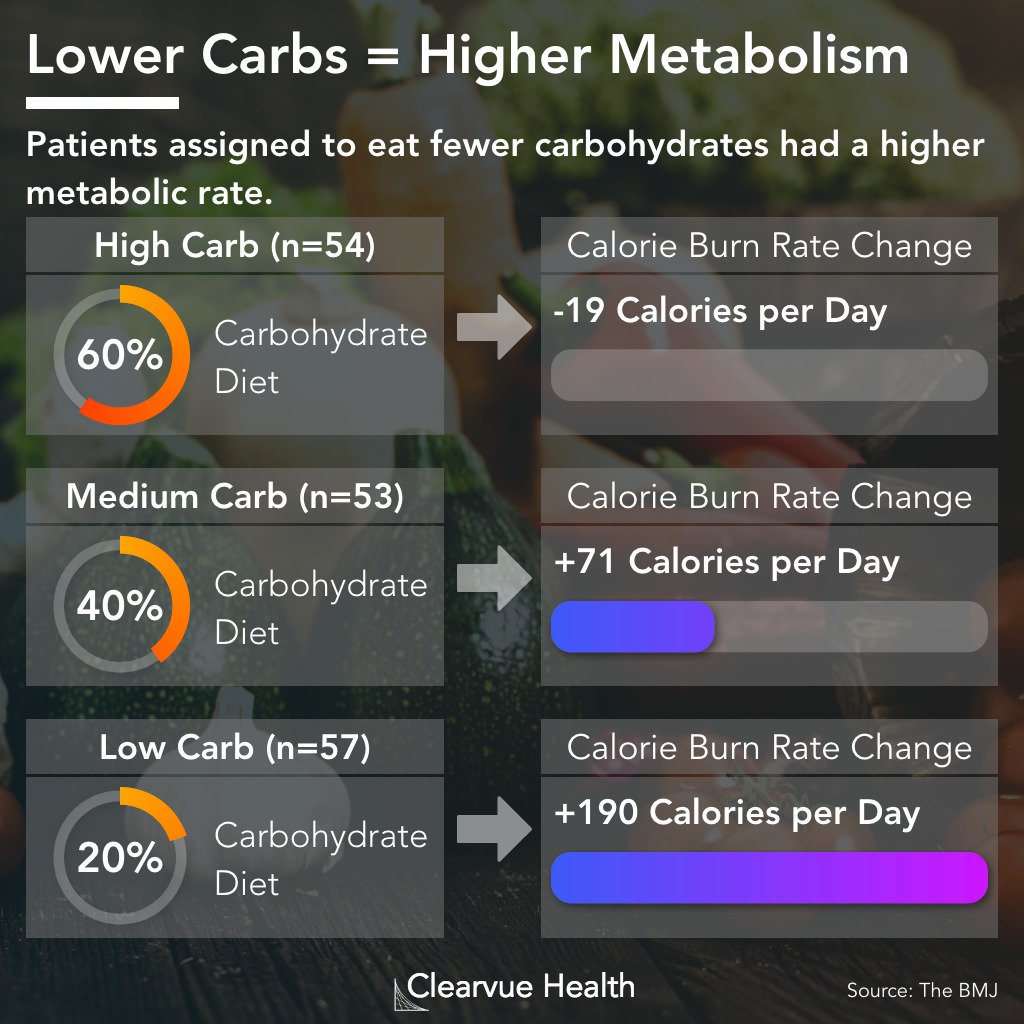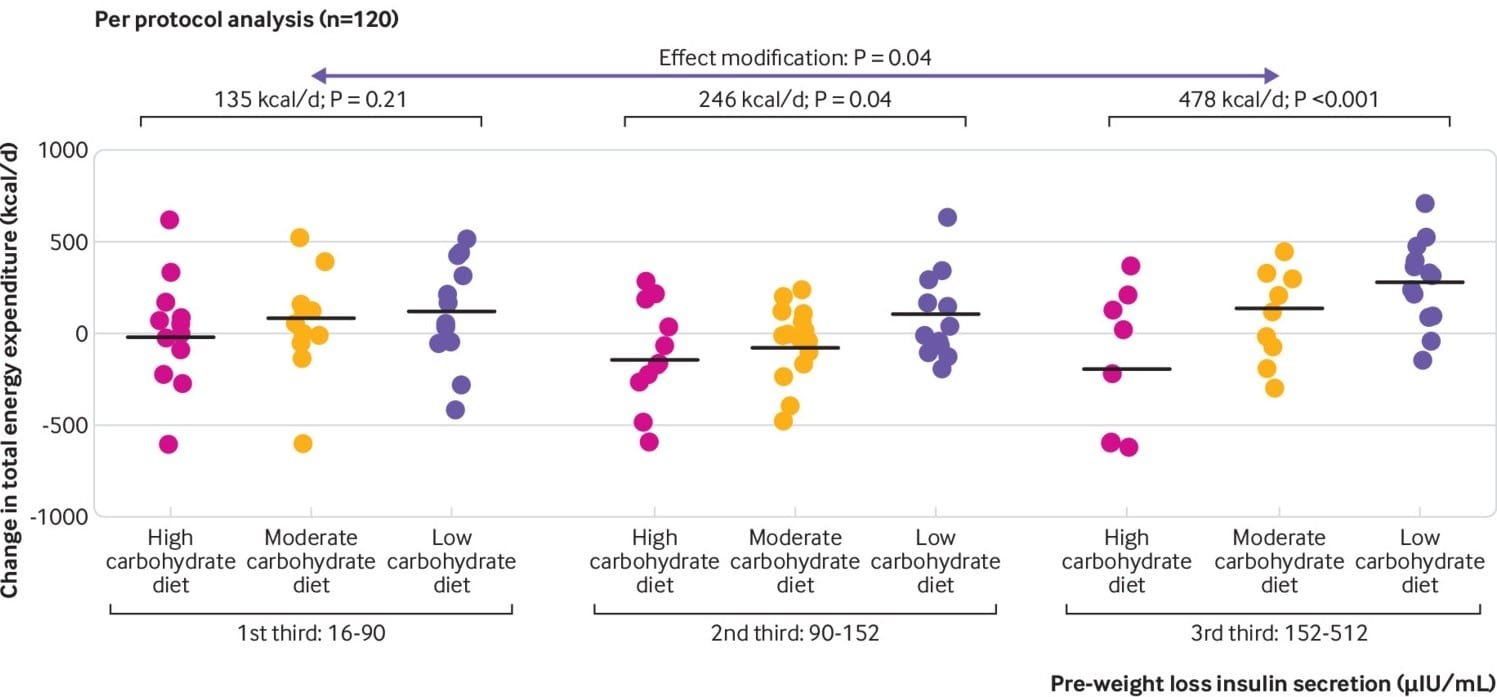How does a low-carb diet affect energy levels? This is a question many people pose when considering dietary changes. With the rise in popularity of low-carb diets, it’s essential to understand how they impact your energy. So, let’s discuss what happens to your energy levels when you make a shift toward consuming fewer carbohydrates.
Buy Now To Enhance Your Energy Levels
What is a Low-Carb Diet?
A low-carb diet typically includes fewer than 130 grams of carbs per day. It emphasizes foods high in protein and fats, allowing for moderate consumption of certain vegetables. The primary goal is to reduce carbohydrate intake, which can lead to weight loss and, in some cases, lower blood sugar levels.
Common Types of Low-Carb Diets
Different low-carb diets have various rules and structures. Here’s a quick breakdown of some popular ones:
| Type of Diet | Description |
|---|---|
| Ketogenic | Extremely low in carbs (20-50 grams/day), high in fats, promoting ketone production. |
| Atkins | Gradually increases carbs over time after initial restrictions. |
| Paleo | Focuses on whole foods, eliminates processed foods, and includes moderate carbs from fruits and vegetables. |
| South Beach | A phased approach that initially restricts high-carb foods but allows some fruits and whole grains later. |
| Dukan Diet | High-protein diet with limited carbs, divided into phases. |
Each of these diets can have varying effects on your body and energy levels.
The Body’s Energy Source
Your body primarily uses glucose, derived from carbohydrates, as its main source of energy. When you consume high-carb foods, your blood sugar levels increase, providing a quick burst of energy. However, this can lead to fluctuations. When your blood sugar drops, you might experience fatigue or cravings for more carbs.
Transitioning to a Low-Carb Diet
When you switch to a low-carb diet, your body undergoes a transition. Initially, you may feel a decrease in energy as your body adjusts to using fat instead of glucose. This phase is often referred to as the “keto flu,” where some people experience symptoms like headaches, fatigue, and irritability.

Get Started With A Low-carb Diet
Short-Term Energy Levels
During the first few days of adopting a low-carb diet, your energy levels may dip. Here’s what you might experience:
Initial Fatigue
It’s common to feel more tired during the first week or two on a low-carb diet. Your body is still adjusting and learning to use fat for fuel instead of carbohydrates. Allow yourself some time during this period.
Withdrawal from Sugars
If you’re used to consuming a lot of sugar and carbs, you may experience cravings as your body withdraws. This can be a challenge, but with persistence, many find that these cravings subside, leading to more stable energy levels.
Hydration and Electrolytes
Low-carb diets can cause rapid water loss initially, often leading to dehydration and loss of electrolytes. Ensure you’re drinking plenty of water and considering electrolyte supplements, especially sodium and potassium.
Medium-Term Energy Levels
Most individuals find that after the initial adjustment period, their energy levels start to stabilize and, in many cases, improve.
Fat Adaptation
As your body adapts to burning fat for fuel, you may notice a significant boost in energy. This process can take a few weeks. Many report enhanced endurance and stamina, especially during physical activities.
Consistent Energy Levels
With fat being a more stable energy source, many individuals experience fewer spikes and crashes compared to a high-carb diet. As a result, your focus and productivity can improve, making daily life feel smoother.
Mental Clarity
Along with physical energy, cognitive abilities often get a boost as people transition into ketosis (if following a very low-carb diet). You might find it easier to concentrate and feel less mentally foggy.

Long-Term Energy Levels
The effects of a low-carb diet on energy are most apparent in the long term. People generally report sustainable energy with fewer spikes, leading to a more productive and active lifestyle.
Balanced Energy Through Fat
Once your body is fully adapted, fat becomes a reliable energy source. Unlike carbohydrates, fat doesn’t cause drastic shifts in blood sugar, helping maintain steady energy levels throughout the day.
Satisfaction and Reduced Cravings
Many people on low-carb diets find their cravings decrease significantly. This is largely because fats and proteins offer more satisfying meals, reducing the urge to snack and resulting in better overall energy management.
The Science Behind Low-Carb Diets and Energy
Understanding the physiology behind energy levels can help clarify your experience on a low-carb diet.
Ketogenesis: The Process
When carbohydrate intake is low, your liver converts fatty acids into ketones, a different type of energy source. This metabolic state is called ketosis. It takes time for the body to switch to utilizing ketones, which accounts for that initial dip in energy.
The Benefits of Ketones
- Provide a stable energy source
- Lower inflammation
- Support brain function
- Enhance endurance in physical activities
Hormonal Changes
Low-carb diets can affect several hormones related to energy and weight. Here’s a brief overview:
- Insulin: Lowering carb intake reduces insulin levels, allowing your body to burn fat more effectively.
- Glucagon: This hormone’s levels increase on a low-carb diet, stimulating mobilization of fat stores.
- Leptin: While levels can fluctuate when first starting a low-carb diet, over time, leptin signaling improves, enhancing satiety.
By understanding these hormones, you can appreciate how a low-carb diet impacts energy on multiple levels.

The Role of Physical Activity
If you’re active or exercise regularly, it’s crucial to consider how a low-carb diet supports your energy needs during workouts.
Endurance Training
For endurance athletes, adapting to a low-carb diet may initially be tricky. However, once fully fat-adapted, many find they can sustain or even improve their performance during long-duration, low-intensity activities.
High-Intensity Workouts
For high-intensity workouts, a low-carb approach might require strategic carb manipulation around workout sessions. Timing carb intake can help sustain energy levels for these types of activities.
Consulting with Professionals
If you’re unsure how to balance your workout regimen with your low-carb diet, consulting with a nutritionist or dietitian can provide personalized guidance.
Listening to Your Body
Adapting to a low-carb diet is a personal journey. Your experience may differ from someone else’s, so it’s essential to listen to your body.
Monitoring Energy Levels
Tracking your energy levels can help you identify patterns. Keep a journal of how you feel throughout the day, which can be helpful for adjusting your diet or activity levels accordingly.
Adjusting Macronutrient Ratios
If you notice your energy levels aren’t where you want them to be, consider adjusting your dietary fat and protein ratios. Each person’s needs vary, and small tweaks can maximize your energy.

Conclusion
Shifting to a low-carb diet significantly influences energy levels. While you may experience temporary fatigue initially, most people report improved energy levels, mental clarity, and satisfaction in the long term.
Staying hydrated, managing electrolytes, and modifying macronutrients are crucial strategies to maintain energy and productivity. By adhering to a low-carb diet, you may find not only a new level of energy but also an enhancement in overall well-being.
You might still have lingering questions, and that’s okay! After all, transitioning to a low-carb diet is a personal journey, and staying informed is one of the best ways to succeed in this lifestyle change. Always remember to listen to your body, adjust your routine as necessary, and enjoy the improvements in energy that come along the way!


